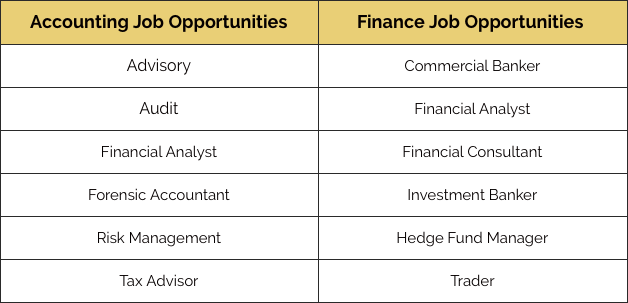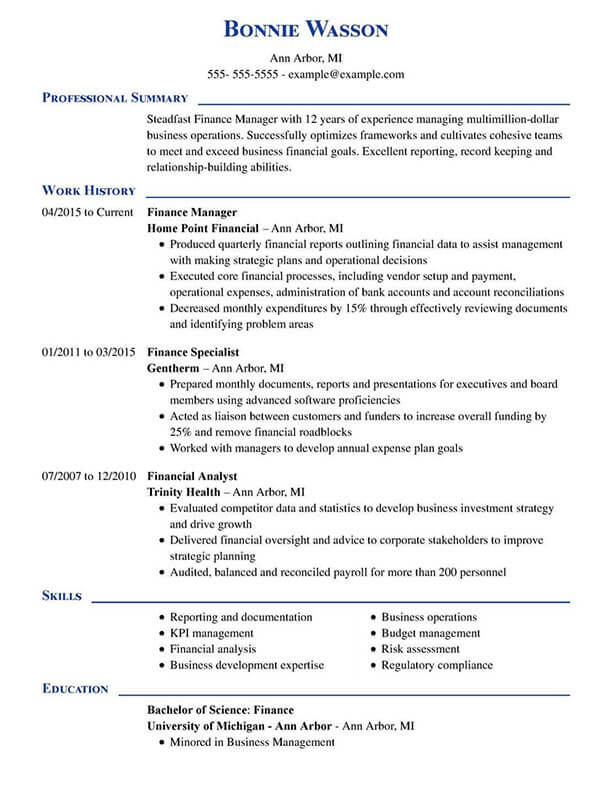Table of ContentsAn Unbiased View of In Order To Finance A New Toll BridgeIndicators on What Is Callable Bond In Finance You Should KnowHow A City Could Issue Which Type Of Bond? can Save You Time, Stress, and Money.Everything about How To Create Bond Portfolio Yahoo FinanceSome Known Facts About What Is A Yankee Bond In Finance.
When POINTERS do fully grown, financiers get either the adjusted principal or the initial principal, whichever is greater. POINTERS are sold with five, 10, and 20-year terms. are most likely a few of the most dull gifts out there, but it can't harm to comprehend how they work. You can redeem your cost savings bonds after a year of holding them, approximately 30 years.
Treasury: earn a fixed-rate of interest (currently 3.4%) and can be redeemed after a year (though you lose 3 months interest if you hold them less than 5 years), however can be held for approximately 30 years. When you redeem the bond, you'll collect the interest accumulated plus the amount you spent for the bond.
If they're acquired online, they're acquired at face worth, but can be purchased for any amount starting at $25. resemble EE cost savings bonds, other than that they're indexed for inflation every 6 months. These are always cost stated value, regardless of whether you buy paper bond certificates or you buy them digitally.
They're released by government-sponsored enterprises. Since these business are chartered and controlled in part by the federal government, the bonds they release are perceived to be much safer than business bonds. They are not, nevertheless, backed by the "full faith and credit" of the U.S. government like Treasurys, which would make them essentially risk-free.
Municipals aren't based on federal taxes, and if you live where the bonds are issued, they might also be exempt from state taxes. Some community bonds are more credit-worthy than others, though some munis are insured. If the issuer defaults, the insurer will have to cover the tab. are bonds issued by business.
The Of Why Invest In A Bond Yahoo Finance
is another word for the interest rate paid by a bond. For circumstances, a $1,000 bond with a 6% coupon will pay $60 a year. The word coupon is used because some bonds actually had a paper discount coupon connected to them, which might be redeemed for the payment. is likewise referred to as the face value of a bond, this is the amount a shareholder receives when the bond develops.
is a procedure of a bond rate's sensitivity to a modification in interest rates, determined in years. Bonds with longer periods are more conscious rate of interest modifications. If you remain in a bond with a duration of 10 years and rates rise 1%, you'll see a 10% decline in the bond's cost.

Bonds are issued by federal, state, and local federal governments; firms of the U.S. federal government; and corporations. There are 3 fundamental kinds of bonds: U.S. Treasury, local, and business. Bonds, expenses, and notes issued by the U.S. government are usually called "Treasuries" and are the highest-quality securities available. They are released by the U.S.
All treasury securities are liquid and traded on the secondary market. They are distinguished by their maturity dates, which range from 1 month to thirty years. One major advantage of Treasuries is that the interest earned is exempt from state and local taxes. Treasuries are backed by the complete faith and credit of the U.S.
Treasury costs (T-bills) are short-term securities that develop in less than one year. They are sold at a discount from their face worth and hence do not pay interest prior to maturity. Treasury notes (T-notes) earn a set interest rate every six months and have maturities ranging from 1 to 10 years.
Not known Incorrect Statements About What Is The Value Of A Bond Quizlet Finance
federal government bond market and is also used wesley graves as a criteria by the mortgage market. Treasury bonds (T-bonds) have maturities varying from 10 to thirty years. Like T-notes, they likewise have a coupon payment every 6 months. Treasury Inflation-Protected Securities (TIPS) are inflation-indexed bonds. The primary value of TIPS is adjusted by changes in the Consumer Price Index - what does the france bond market finance.
In addition to these Treasury securities, certain federal firms also provide bonds. The Government National Mortgage Association (Ginnie Mae), the Federal National Home Mortgage Association (Fannie Mae), and the Federal Home Mortgage Home Loan Corp. (Freddie Mac) issue bonds for particular purposes, mostly related to moneying house purchases - what does everything in the price of a bond formula stand for in finance. These bonds are also backed by the full faith and credit of the U.S.
Municipal bonds (" munis") are provided by state and local federal governments to fund the construction of schools, highways, real estate, sewer systems, and other important public tasks. These bonds tend to be exempt from federal earnings tax and, in many cases, from state and local taxes for investors who reside in the jurisdiction where the bond is provided.
Keep in mind that, in some states, financiers will have to pay state income tax if they buy shares of a local bond fund that buys bonds issued by states aside from the one in which they pay taxes. In addition, although some local bonds in the fund might not go through normal earnings tax, they might undergo federal, state, and regional alternative minimum tax, if a financier offers a tax-exempt mutual fund at a profit, there are capital gains taxes to consider.

General commitment bonds are secured by the full faith and credit of the company and supported by the company's taxing power. Income bonds are paid back using earnings produced by the private task the bond was issued to fund. Corporations may issue bonds to fund a big capital expense or a business expansion.
Our How To Calculate Nominal Rate On Treasury Bond Intro To Finance Diaries
The worth and threat associated with business bonds depend in big part on the monetary outlook and track record of the business issuing the bond. Bonds released by companies with low credit quality are high-yield bonds, also called junk bonds. Investments in high-yield bonds use various benefits and threats than buying investment-grade securities, consisting of greater volatility, greater credit danger, and the more speculative nature of the issuer.
This type of bond (also called an "accrual bond") does not make coupon payments however is issued at a steep discount. The bond is redeemed for its full worth upon maturity. Zero-coupon bonds tend to fluctuate in cost more than discount coupon bonds. They can be released by the U.S. Treasury, corporations, and state and city government entities and generally have long maturity dates.
As rate of interest rise, bond rates normally fall. The return and principal worth of bonds vary with modifications in market conditions. If not held to maturity, bonds may deserve basically than their initial expense. Bond funds undergo the same inflation, interest rate, and credit risks associated with their hidden bonds.
Mutual funds are offered by prospectus. Please consider the financial investment objectives, risks, charges, and expenditures carefully before investing. The prospectus, which includes this and other information about the investment company, can be obtained from your monetary expert. Make sure to check out the prospectus thoroughly before deciding whether to invest. The information in this newsletter is not meant as tax, legal, financial investment, or retirement suggestions or suggestions, and it might not be depended on for the purpose of preventing any federal tax charges.
The content is stemmed from sources thought to be precise. Neither the details provided nor any viewpoint revealed constitutes a solicitation Click here for the purchase or sale of any security. This material was written and prepared by Broadridge Consultant Solutions. 2020 Broadridge Investor Interaction Solutions, Inc.
5 Simple Techniques For What Is A Bond Finance Rt511
A bond is a agreement between two parties. Companies or governments problem bonds since they require to borrow big quantities of money. They provide bonds and financiers buy them (therefore offering individuals who issued the bond cash). Bonds have a maturity date. This means that at some point, the bond provider has to pay back the cash to the investors.
Bonds are typically traded through brokers and become part of a financial instrument group called Fixed Income. Banks and banks deal loans on different terms against the security of properties. Bond certificate for the state of South Carolina issued in 1873 under the state's Consolidation Act. Railroad commitment of the Moscow-Kiev-Voronezh railway company, printed in Russian, Dutch and German.
Editor's Note: You can find our complete library of totally free investing articles here. If you have ever consulted with a monetary advisor or read a basic investing post, you know that most advisors think you need to put part of your money into bonds. However why?Financial consultants love bonds due to the fact that they are conservative, trusted financial investments that provide stability to any portfolio.